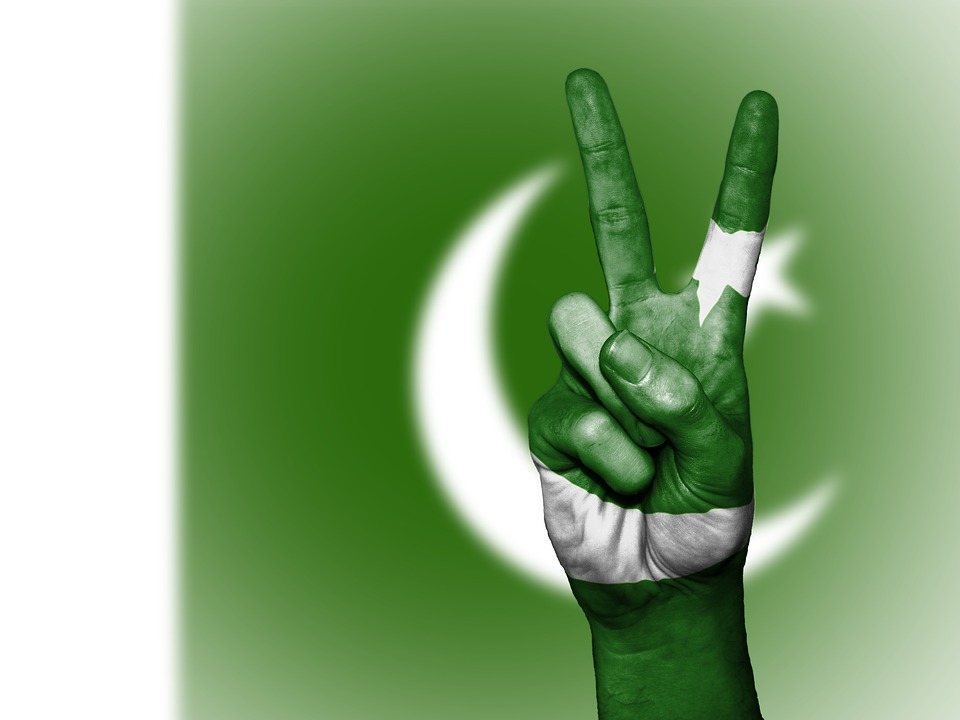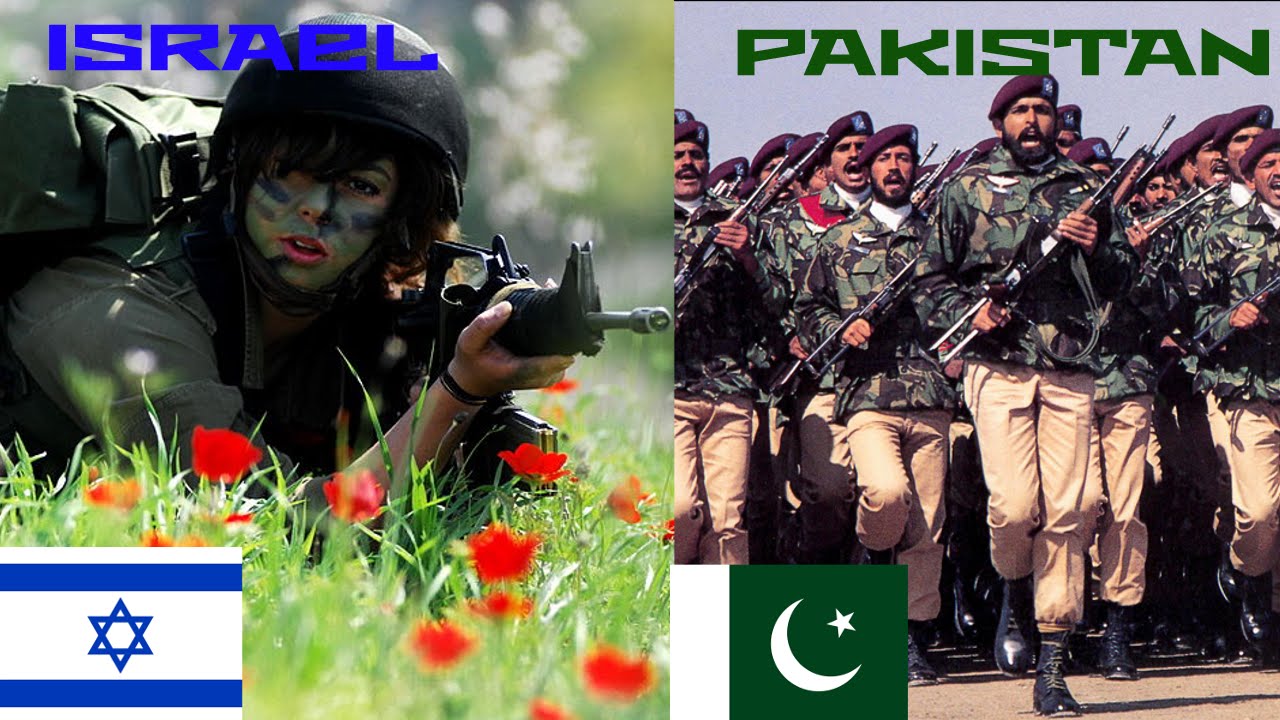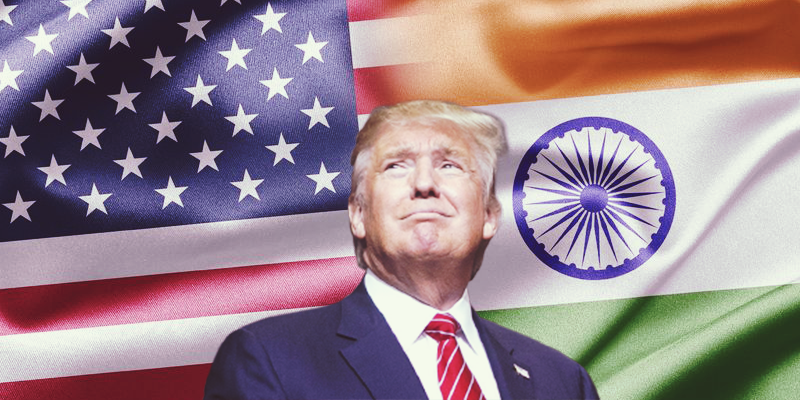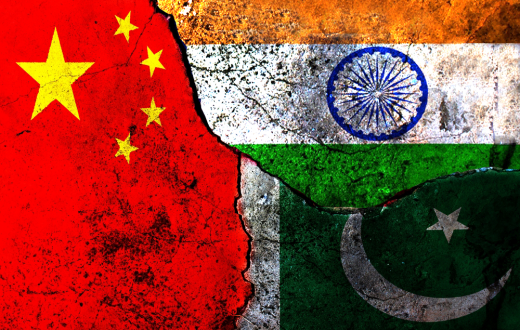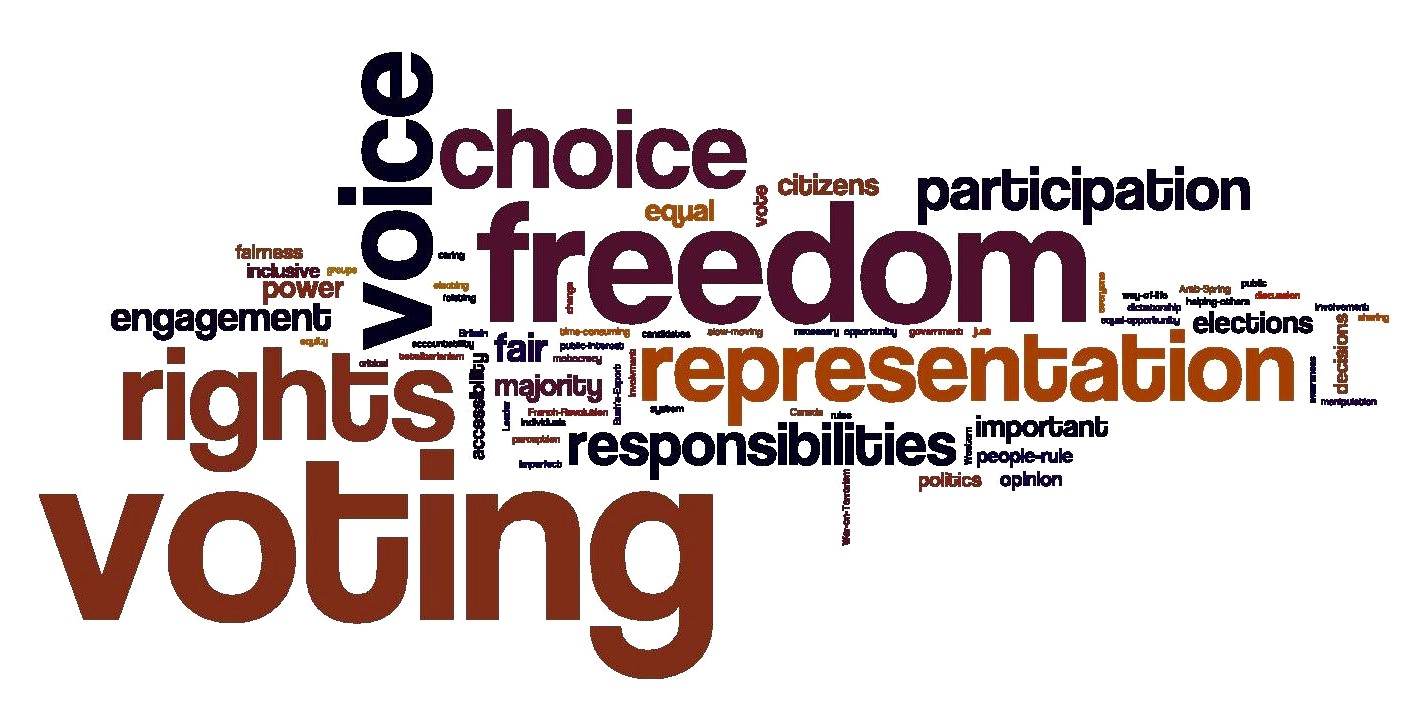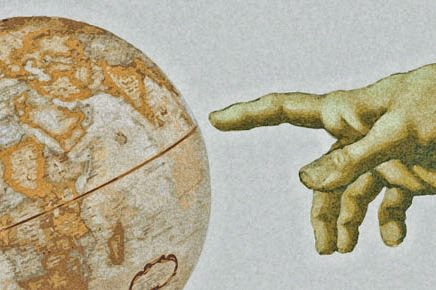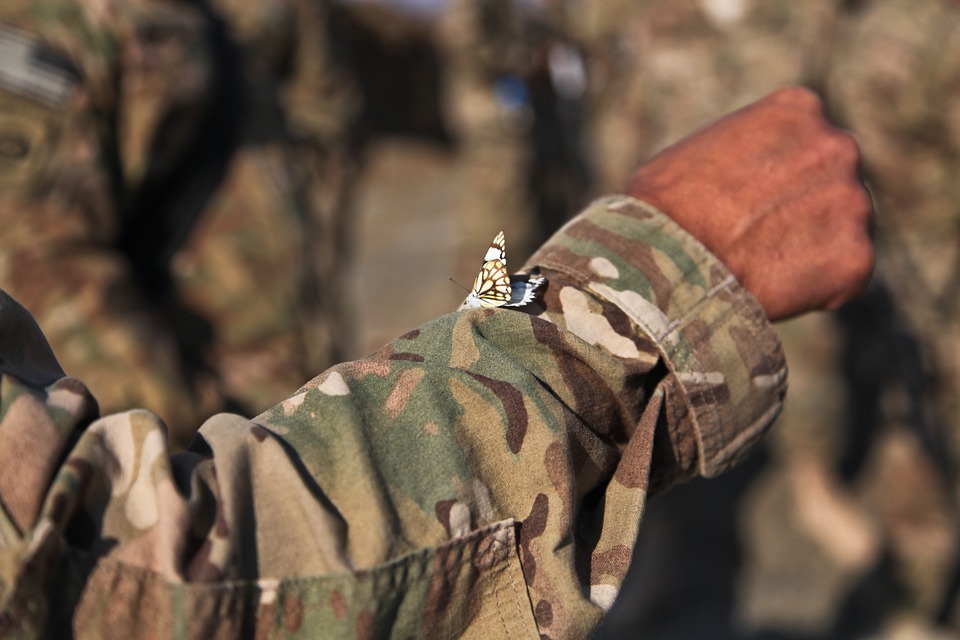Civil-Military Relations is considered the biggest threat to democracy in Pakistan. In last seven decades, Pakistan has witnessed three direct military coups which almost constitute half of Pakistan’s history.
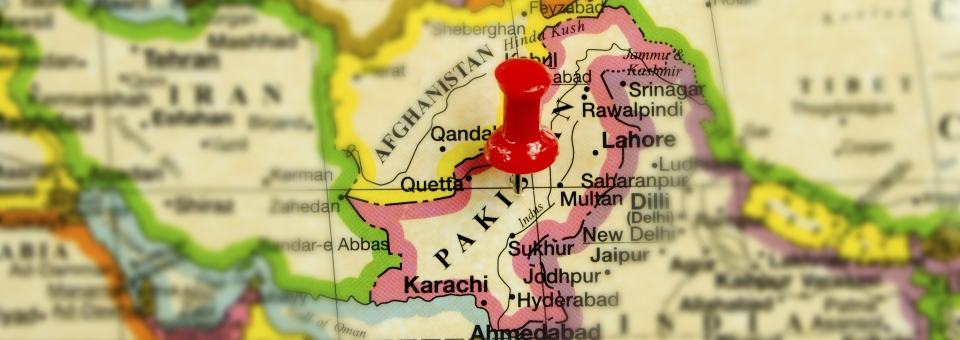
Moreover, political analysts believe that military has played behind the scene shots during democratic eras also except for the first decade of Pakistan’s foundation from 1947-1958 and during Zulfiqar Ali Bhutto’s era from 1971-1977. However, democracy has paved its way in Pakistan’s democratic scenario since 2008. In this regard, for the first time in Pakistan’s history, the democratically elected government transferred its powers to the next elected government in 2013 after general elections. Besides this, military leadership has also supported the democratic process in Pakistan after General Mushraf left office in 2008. Chiefs of Army Staff (COAS) General Ashfaq Pervez Kiyani (2007-2013), General Raheel Sharif (2013-2016) and General Qamar Javed Bajwa (2016-Present) have shown apolitical behavior. These are positive signs for future of democracy in Pakistan. Nonetheless, qualms about military meddling in civilian affairs cannot be ignored completely.
Is Democratic Government free from military meddling in its affairs?
Anatol Lieven draws an analogy between Pakistan and Prussia is his book-Pakistan: A Hard Country by stating Voltaire’s remark for Fredrick the Great’s Prussia that, “Where some states have an army, the Prussian army has a state.” Here, Lieven tried to portray that state affairs are run by the military at its will and civilian governments worked on behest of the military. Ian Talbot insinuates in his writings on Pakistan that foreign and defense policies are controlled by the military. However, the diplomatic role played by the foreign office under civilian government and a foreign minister nullifies these arguments in the current political scenario of Pakistan. Pakistan has a full-time foreign minister along with a very strong team of foreign services officers. They are working based on the designed foreign policy. Nonetheless, the role of the military cannot completely be ignored in this regard but that does not suggest in any way, the complete monopoly of the military in all political affairs of the country. Civil-Military leadership are on the same page which vividly direct to the nullification of both arguments.
Recent Developments in Civil-Military relations:
General Raheel Sharif was firm on not getting any extension in his tenure as COAS and handed over the baton to current COAS General Bajwa. General Bajwa did not only pronounce military’s apolitical behavior but also said that military leaders will work along with the civilian government. However, in the year 2016 after the issue of ‘Dawn Leaks’, there was a possibility of a rift between the two but situation was averted by the joint efforts of civil-military leaders. Moreover, on December 19, COAS briefed the Senate on national security. “When we are together, no one can defeat us,” Director General Inter-Services Public Relations (DG ISPR) said after the briefing. These developments lucidly portray positivity in the civil-military relations and proper function of democracy in Pakistan.
Future of Democracy in Pakistan:
After the military coup of October 1999, the period of naughty-ninety came to an end. In 2002, military dictator General Mushraf installed his puppet government after much horse trading and other political gimmicks. The period from 2002-2007 can be termed as civil-military oligarchy because politicians took the opportunity and became part of a dictatorship. The situation, however, changed soon with 2008 general elections. It was the rebirth of real democracy in Pakistan. Seventh National Finance Commission (NFC) and eighteenth amendment in the constitution of 1973 paved the way for democracy in Pakistan. They dealt with provincial grievances and transferred the powers from President to the Parliament. Year 2013 was the culmination of this regard in which the first democratic transition of elected government took place. 2013 onwards, the military has shown restraint from meddling in the democratic process. Thus, future of democracy seems bright owing to positive civil-military relations in Pakistan.
By: Muhammad Murad (A Student of Social Sciences and a journalist from Pakistan)

